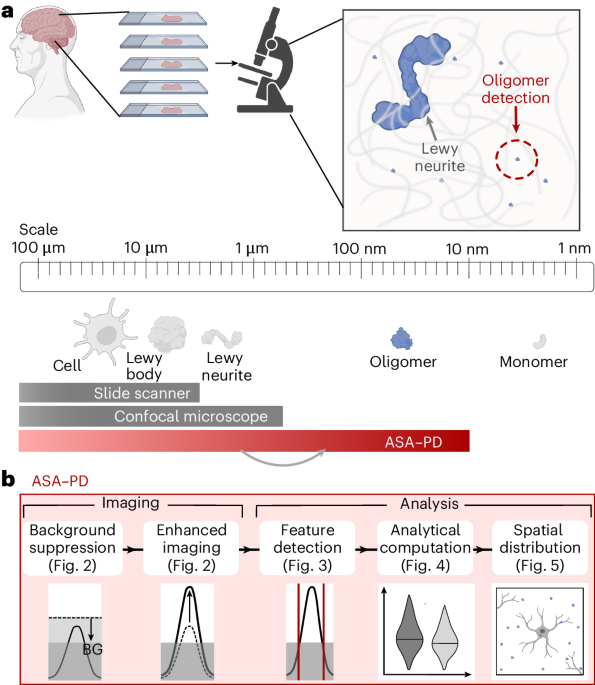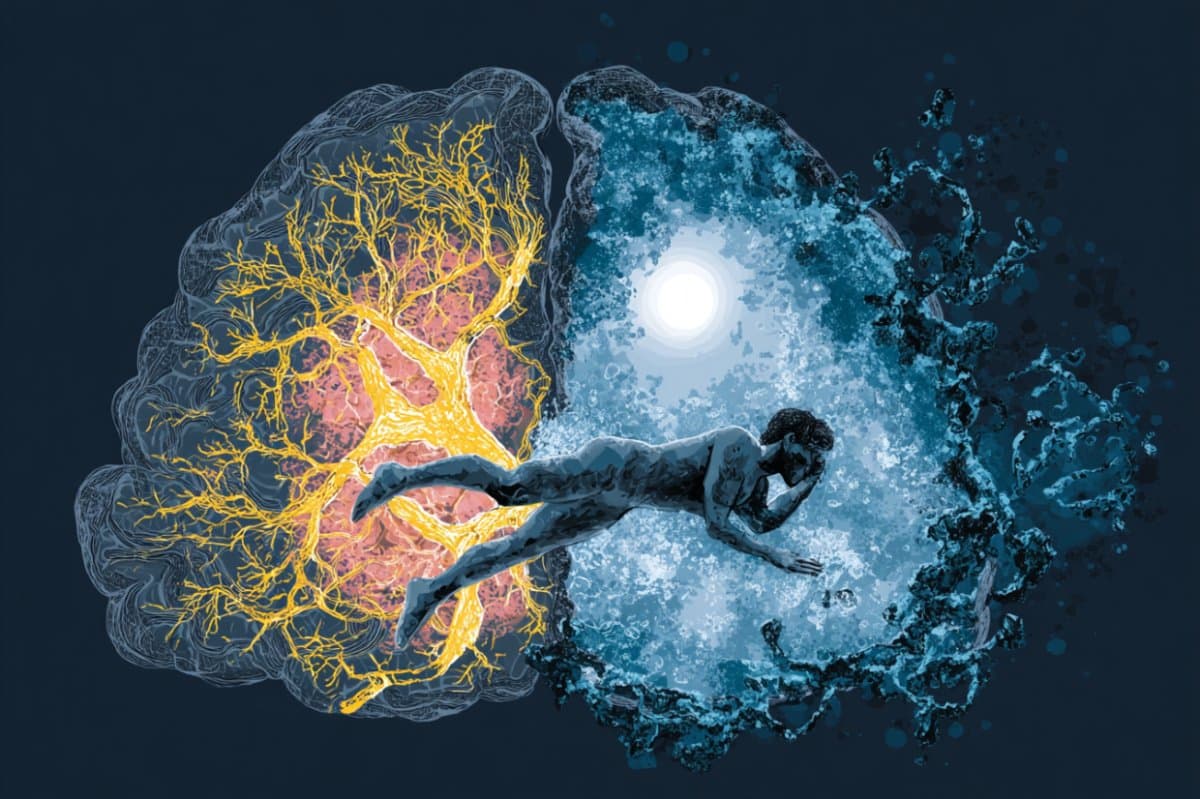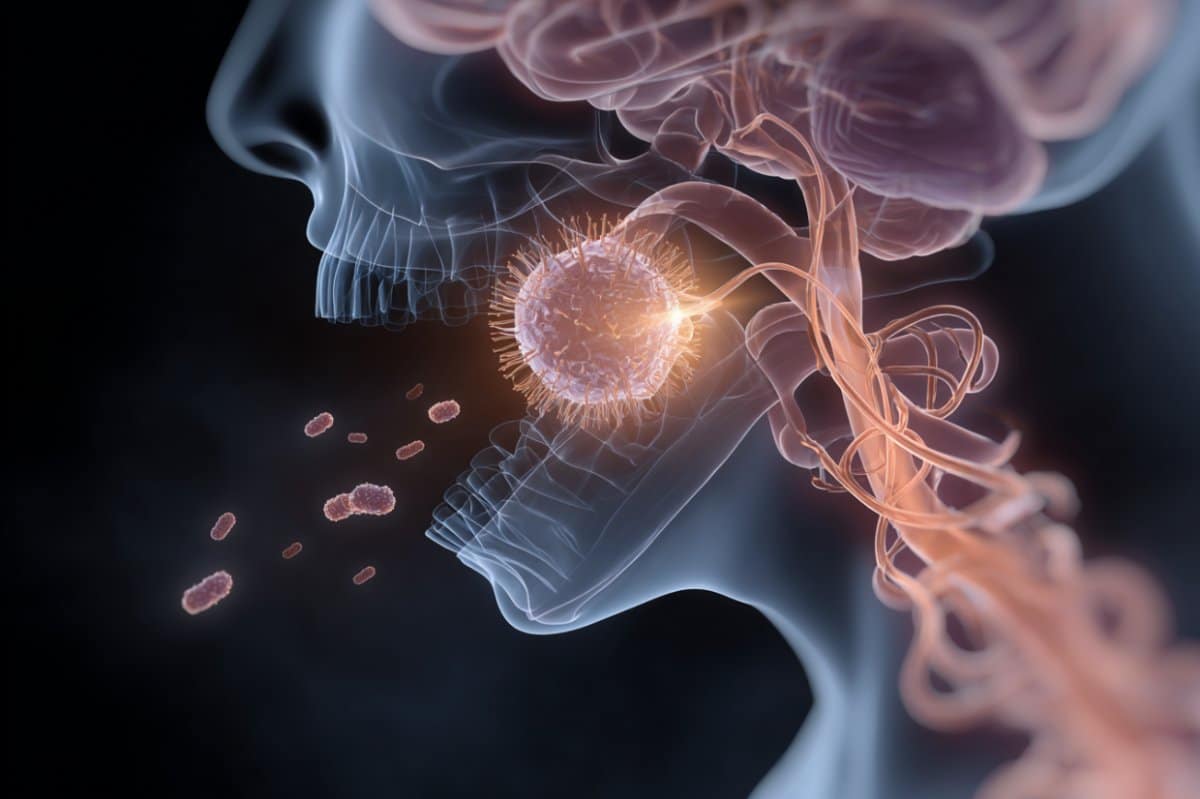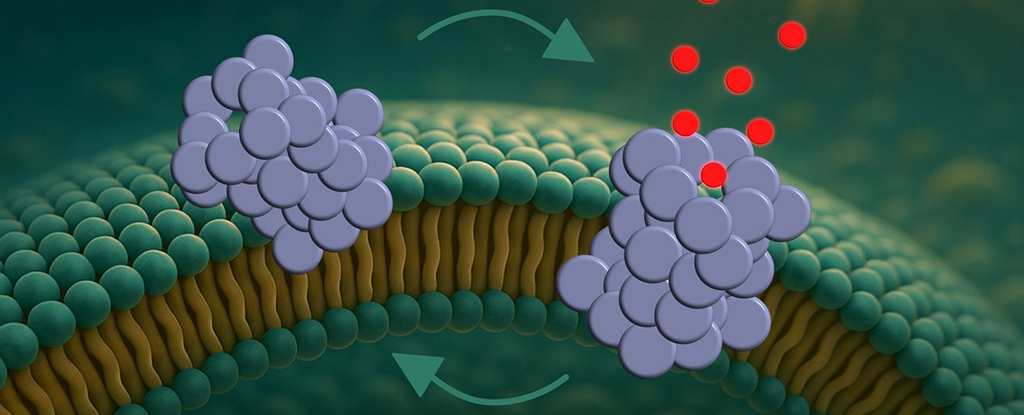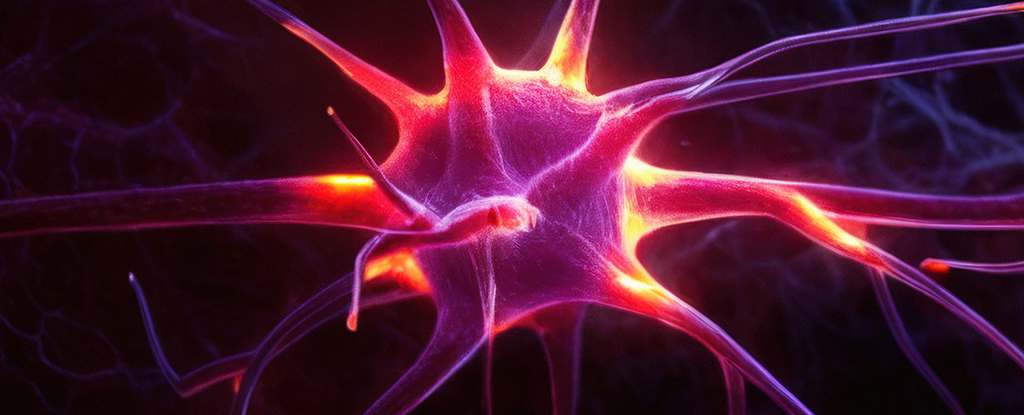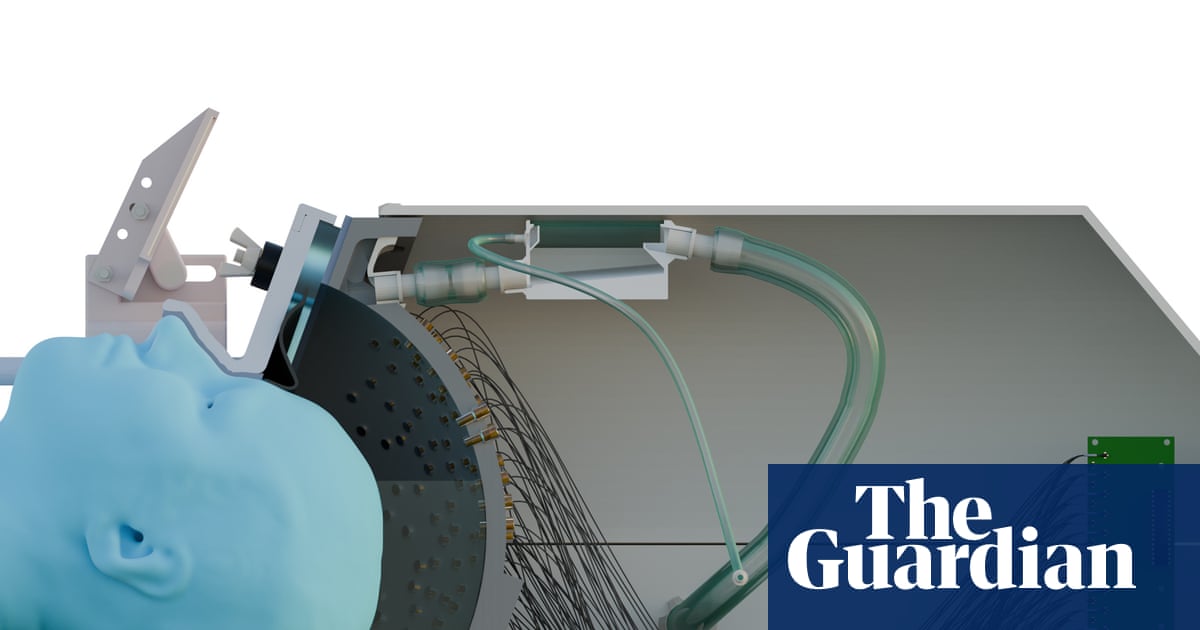Autofluorescence suppression and high-sensitivity microscopy reveals nanoscale assemblies in human brain tissue An overview of the ASA–PD pipeline is shown in Fig. 1. In brief, the aim is to capture spatial data over the entire scale of structure sizes most critical in PD, from individual cells to small aggregates (Fig. 1a). Detailed descriptions of the sample preparation steps are described …
Read More »Tag Archives: Parkinsons
Sleep Disorders Predict Parkinson’s or Dementia Years Ahead
Summary: Two landmark international studies show that brain biomarkers can predict whether people with REM sleep behaviour disorder (iRBD) will develop Parkinson’s disease or dementia with Lewy bodies (DLB). MRI scans revealed that reduced glymphatic system function signals higher risk for Parkinson’s, while increased free water in the basal nucleus of Meynert predicts progression to DLB. These findings come from …
Read More »Oral Bacteria May Trigger Parkinson’s Disease
Summary: Scientists have uncovered a direct link between oral bacteria and Parkinson’s disease. They found that Streptococcus mutans, best known for causing cavities, can settle in the gut and release metabolites that reach the brain. These metabolites trigger neuronal loss, neuroinflammation, and motor impairments resembling Parkinson’s. The findings suggest that targeting the oral–gut microbiome could lead to novel strategies for …
Read More »What stem cells could mean for the future of Parkinson’s research : Short Wave : NPR
Illustration showing a healthy substantia nigra in a human brain. Degeneration of this structure is characteristic of Parkinson’s disease. KATERYNA KON/SCIENCE PHOTO LIBRARY/Getty Images hide caption toggle caption KATERYNA KON/SCIENCE PHOTO LIBRARY/Getty Images Parkinson’s Disease affects around a million people in the United States, and that number is on the rise, in part because our population is getting older. Dr. …
Read More »Harvard’s new free AI tool could help treat Parkinson’s, Alzheimer’s, and even cancer
Nemes Laszlo/Science Photo Library/Getty Images Follow ZDNET: Add us as a preferred source on Google. ZDNET’s key takeaways Harvard researchers designed a new AI model, PDGrapher. It can identify treatments to restore diseased cells to health. This could have larger impacts on drug discovery. While AI’s most common use cases involve helping people with their everyday tasks, it can also go far …
Read More »Protein That Pokes Holes in Cells Could Explain Parkinson’s Decline : ScienceAlert
Parkinson’s disease is associated with toxic clumps of the alpha-synuclein protein in the brain, which disrupt healthy cell communication. Now, a new study shows another way this protein may damage brain cells. Researchers from Aarhus University in Denmark examined alpha-synuclein oligomers, smaller molecules that also accompany Parkinson’s. Using a lab-made cell model, they found these oligomers can open up tiny …
Read More »Parkinson’s Disease Could Be Ignited by Burned-Out Brain Cells : ScienceAlert
Parkinson’s disease is characterized by the death of dopamine-producing neurons in a part of the brain responsible for motor movement. Now there’s fresh evidence for how these crucial brain cells are being killed off. Building on previous studies in animal models showing that as these neurons die, the remaining ones work harder, researchers from the Gladstone Institute for Neurological Disease …
Read More »Scientists say Parkinson’s may start from where one least expects it (hint: it’s not the brain) |
For decades, medical science and people believed that Parkinson’s disease originated in the brain, primarily affecting motor function in the body due to loss of dopamine-producing neurons. However, now that science and research are continually advancing, it is challenging the idea that the starting point can likely be: “The gut.”In a landmark study published in NPJ Parkinson’s disease, scientists conducted …
Read More »Ultrasound ‘helmet’ could treat Parkinson’s non-invasively, study shows | Medical research
An ultrasound “helmet” offers potential new ways for treating neurological conditions without surgery or other invasive procedures, a study has shown. The device can target brain regions 1,000 times smaller than ultrasound can, and could replace existing approaches such as deep brain stimulation (DBS) in treating Parkinson’s disease. It also holds potential for conditions such as depression, Tourette syndrome, chronic …
Read More »Gut disorders may foretell Alzheimer’s, Parkinson’s disease
Share on PinterestChronic gut problems may predict Alzheimer’s, Parkinson’s disease risk, a new study suggests. Image credit: Halfpoint Images/Getty Images Currently, neurodegenerative conditions, such as Parkinson’s and Alzheimer’s diseases, are challenging to preempt. A large-scale, innovative new study investigates how hormonal, dietary, metabolic, and digestive issues may help predict these conditions years before they begin. The study identifies several conditions …
Read More »